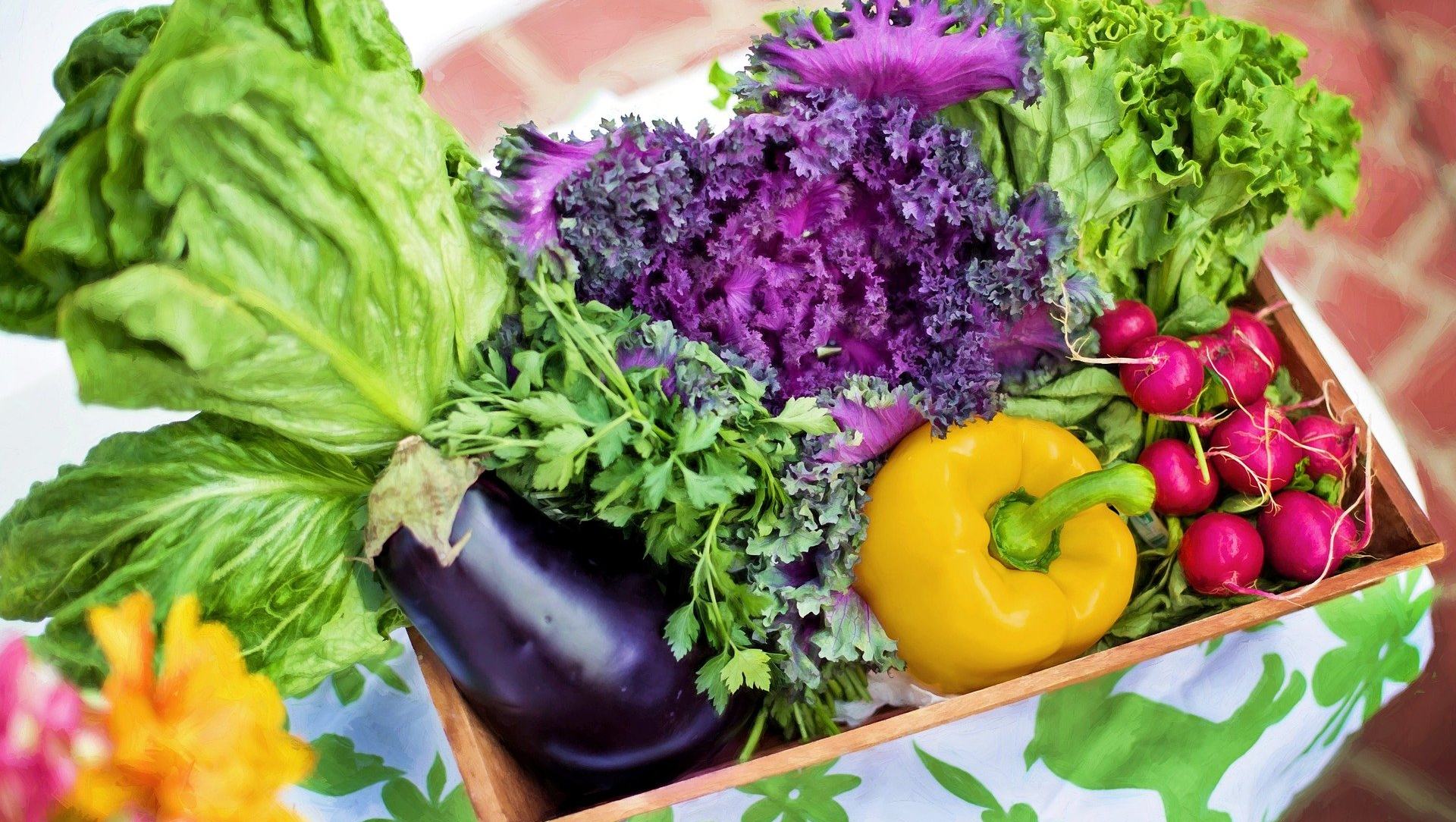14th Annual Meeting of Caribbean Plant Health Directors Forum (CPHD) Ends
Leveraging partnerships to Maximize Resources and Technical Competencies in the Region
The 14th Annual CPHD Meeting came to an end on August 31st, 2021 with much discussion revolving around the challenges of COVID-19 and the threats of priority pests to the region. The meeting discussed current plant health issues, provided updates on the 2020/2021 work plans and identified gaps in information when addressing several priority pest of the region, the protocols to be established in guiding the work plan and the approach to be adopted by the CPHD in 2022.
Updates were received from Partner Agencies, Technical Working Groups (TWGs) and lead technical experts. Some of the areas covered included:
- Tuta absoluta (leaf miner) which is a destructive pest of solanaceous crops, which include tomato, peppers and eggplant and the continued support for trapping and surveillance, diagnostics, emergency response and associated knowledge management;
- The Tropical race 4 affecting bananas, plantains and other Musa species already identified in two countries in the region and the continued work and support and the continued surveillance and programs of exclusion activities to prevent entry in countries;
- Citrus greening and its impact on trade and food of citrus and the review of the diagnostics protocol within the framework of the International Plant Protection Convention (IPPC) workshops;
- Caribbean Biosecurity Interceptions System;
- Technical Sessions including Risk Based Sampling (RBS), Sea Cargo Containers and Giant African Land Snails (GALS)
The CPHD meeting launched and endorsed the Caribbean Biosecurity Interceptions System (C-BIS) - a tool designed to address the issue of updated pest lists and to achieve an intervention strategy for surveillance at ports for the prevention of the entry of pests and invasive species in the region. The system was adopted in principle by the forum.

